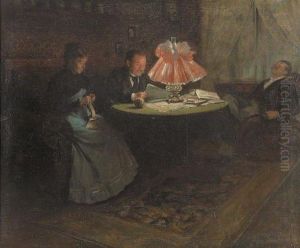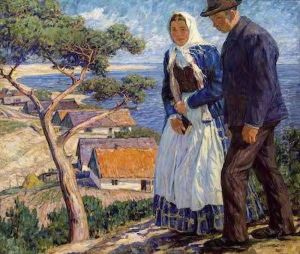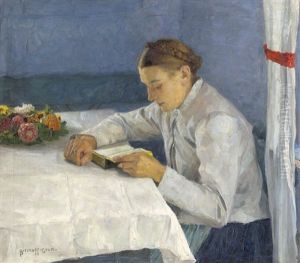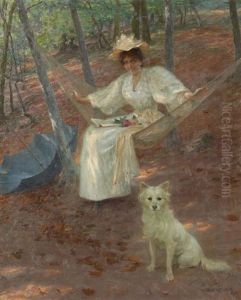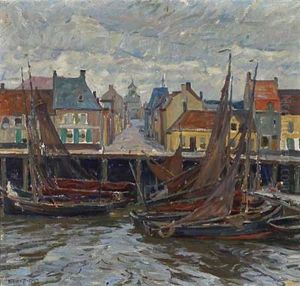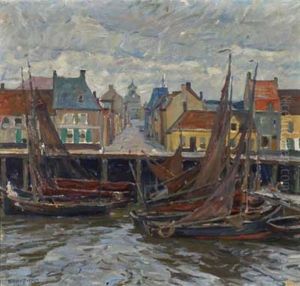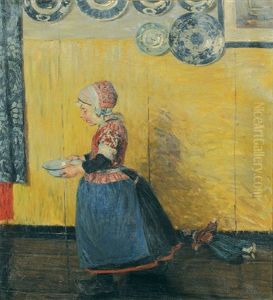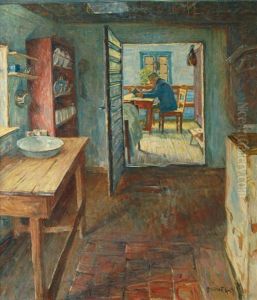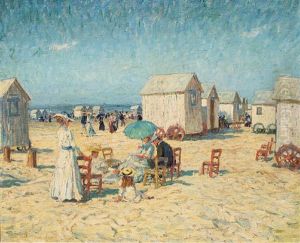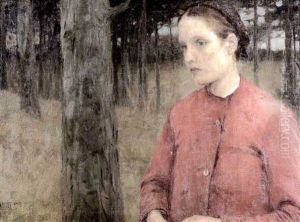Ernst Bischoff-Culm Paintings
Ernst Bischoff-Culm was a German artist known for his contributions to painting, particularly within the New Objectivity movement, which emerged in Germany in the 1920s as a counterpoint to Expressionism. Bischoff-Culm's work was characterized by a sober, realistic depiction of subjects, often portraying the social realities of the time with a sense of critical detachment.
Born in 1896, Bischoff-Culm's early years were shaped by the cultural atmosphere of pre-World War I Germany, a period of significant artistic innovation and exploration. He was a contemporary of other New Objectivity artists like Otto Dix and George Grosz, who were also known for their critical portrayals of society during the Weimar Republic.
During his career, Bischoff-Culm's work was influenced by the political and social upheavals of his time. His paintings often reflected the economic hardships, political instability, and the rise of National Socialism in Germany. Despite the challenging circumstances, he managed to maintain an artistic output that captured the essence of the era with both stark realism and a subtle sense of critique.
The rise of the Nazi regime in the 1930s and the subsequent control over artistic expression had a profound impact on artists like Bischoff-Culm. Many of his contemporaries faced persecution, and some of his work may have been deemed 'degenerate' by the regime, although specific details of his interactions with the Nazis are less known compared to more prominent artists of the period.
Bischoff-Culm's legacy is less well-documented than that of some of his contemporaries, and as such, he remains a more obscure figure in the history of 20th-century art. However, his contributions to the New Objectivity movement and his depictions of interwar Germany provide valuable insights into the cultural and social landscape of the time.
Ernst Bischoff-Culm passed away in 1991, having lived through both World Wars, the division of Germany, and its eventual reunification. His art remains a testament to a tumultuous period in history, capturing the spirit of a society in transition with sharp observation and technical skill.
